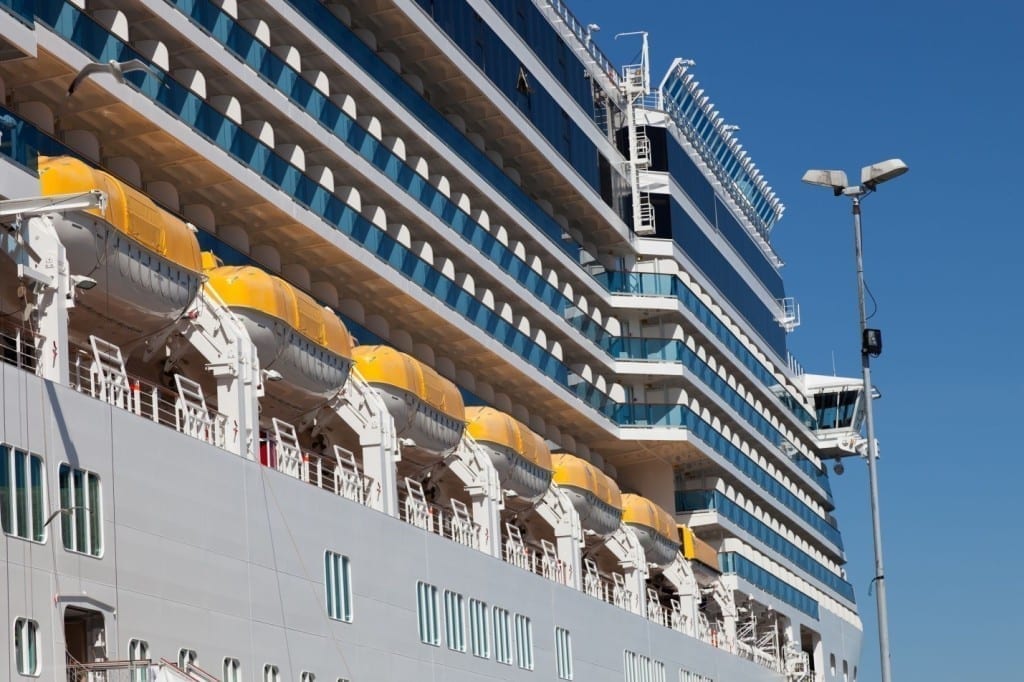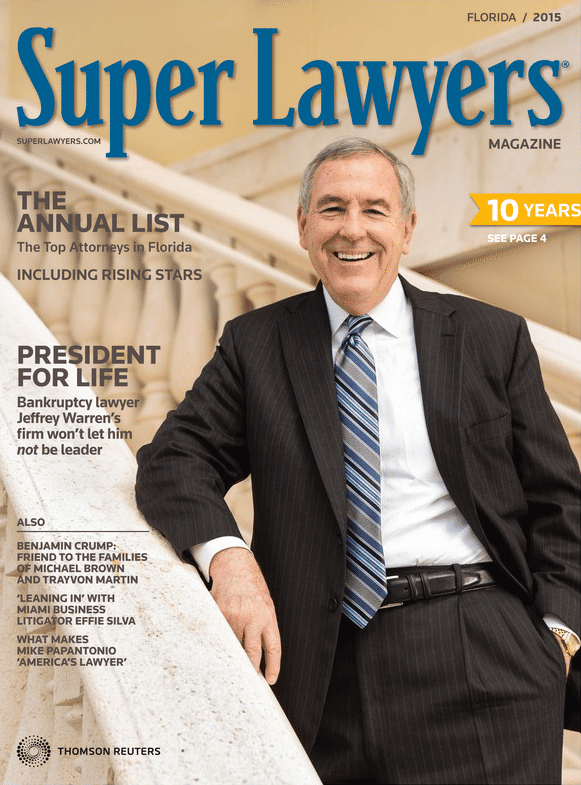If you are assaulted due to negligent security or injured due to lax safety and emergency protocols on a cruise ship, it seems obvious that the cruise line should be held liable and that you should receive compensation. Unfortunately, far too many injured cruise ship passengers face an uphill battle when filing a lawsuit against a cruise line, in large part due to a lack of government regulations over the cruise industry and fine print in ticket contracts that allow cruise lines to sidestep liability issues.
All that may change if the Cruise Passenger Protection Act passes. The bill, which Senator Jay Rockefeller (D-West Virginia) has been hoping to pass for over a year, seeks to tighten government regulation over the cruise industry and require cruise lines to be more transparent in those small-print ticket contracts. Some of the key things the bill will do if it passes include:
- Giving federal government transportation officials the authority to investigate complaints. Cruise lines are not currently required to report crimes that occur on their ships, meaning that many cruise ship crime victims are currently not getting the justice they deserve. The Cruise Passenger Protection Act would allow government officials to investigate crimes and other passenger complaints.
- Requiring stricter security on cruise ships. This would include mandating video cameras in public areas of the ships.
- Requiring greater transparency in cruise contracts. Cruise lines would have to use plain language in their contracts so that the average consumer would understand what they were agreeing to when purchasing tickets.
- Making it easier for injured cruise passengers to file complaints and seek help. The bill calls for a toll-free consumer complaint hotline as well as a victim advocate at the Department of Transportation who would be available to advise cruise ship crime victims of their rights.
Recent Hearing Builds Support for Cruise Passenger Protection Act
On July 23rd, Senator Rockefeller held a hearing to build support for his Cruise Passenger Protection Act. During the hearing, he called on several cruise ship victims to testify, including a passenger from the infamous Carnival cruise ship that drifted at sea for several days, a woman who was raped by a cruise crew member posing as a security guard, and a woman whose mother died of an anoxic brain injury when her cruise failed to provide medical treatment in a timely manner. These shocking stories represented just a few instances of the cruise industry failing to live up to their duty of care for their passengers.
No one from the cruise industry was called upon at the hearing, although it is clear that the industry is not in favor of the proposed bill. The Cruise Lines International Association issued a statement after the hearing claiming that the testimonies represented a “distorted picture,” and that more than 22 million cruise passengers enjoy their vacations without incident every year.
Despite rumblings from the cruise industry, Senator Rockefeller believes that the bill will pass and hopes to attach it to a larger Coast Guard bill that will likely be approved by the Senate and adopted in conference by the House of Representatives.
If the bill does pass, it could make a huge difference for cruise ship passengers, allowing consumers to better understand their rights if injured and requiring the cruise industry to adopt stricter security and emergency procedures.
About the Author:
Andrew Winston is a partner at the personal injury law firm of The Law Office of Andrew Winston. He has been recognized for excellence in the representation of injured clients by admission to the Million Dollar Advocates Forum, is AV Rated by the Martindale-Hubbell Law Directory, and was recently voted by his peers as a Florida “SuperLawyer”—an honor reserved for the top 5% of lawyers in the state—and to Florida Trend’s “Legal Elite.”
















